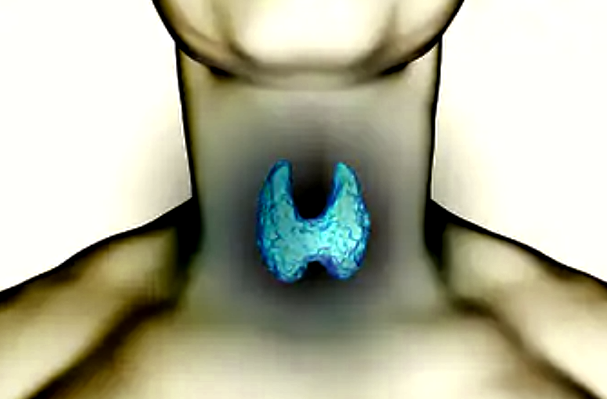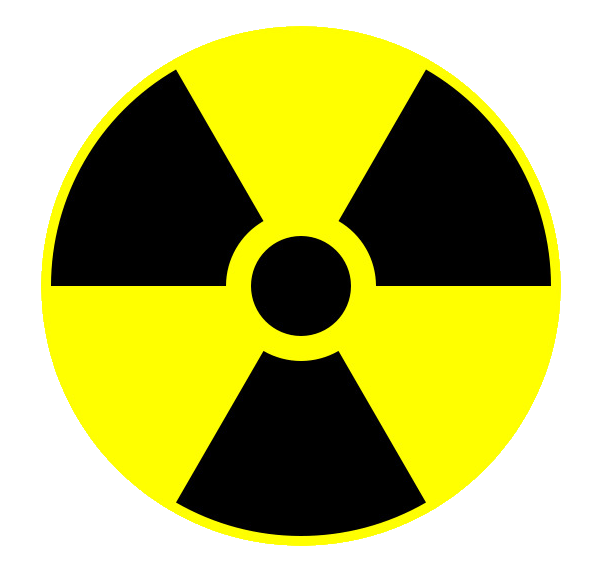

| andrew edward bailey | cancer | personal website |

I was living in Melbourne, Australia at the time, with my first child and pregnant Wife. After returning from a business trip from the UK I contracted a stomach bug and went to see my family doctor. As I was leaving, she commented on the lump in my neck and quickly drew up a reference letter for a local specialist. I hadn’t even noticed the lump myself, until she drew attention to it, but it was quite large, size of a squash ball.
The specialist felt my neck and said it was probably nothing to worry about, but gave me a script for an ultrasound and a fine needle aspiration biopsy. The results from that were positive, papillary carcinoma of thyroid, or cancer. Not that the ‘C’ word was used. The specialist stuck to the technical terms, drew some diagrams and wrote a letter of introduction to a surgeon (straight across the waiting room). I seemed to follow the procedure without really asking probing questions or having concerns. It hadn’t really struck me that anything was wrong, let alone cancer. I was following doctors advice in the same way one does for a sprained wrist.
The surgeon had no problem using the term ‘Cancer’. Being a surgeon he was far more direct, not hesitant, a quality you want in your surgeon. He went over the procedure, it was going to be a full thyroidectomy as the left lobe had traces of nodules as well. The following steps were basic textbook, which I accepted without much question. I still didn’t really feel sick. I was not recommended to seek help groups or do my own research, just as you wouldn’t for a common cold. I do not if this was intentional or just indifference.
The surgery went smoothly, two days in the ward. As well as removing my thyroid, 12 lymph nodes were removed, as they were near the ‘lump’. I had a very mild infection in the wound, but the surgeon took care of that with a razor in his office during my first checkup visit. I also need to take calcium supplements as the glands that control your calcium in your blood are close the thyroid, and even if they do not get damaged (a real risk) they still take a shock and require recovery of their own.

I was then put on T4 for 4 weeks, then over to T3 for two, and nothing for 1 week, or in readiness for my radioactive iodine treatment. For this my wife and child moved out to stay with her sister. On discovering my wife was pregnant they suggested increasing the isolation period from 4 to 8 days. I took the pill on a Friday, which meant I reduced the amount of time from work, because of the weekend. The pill was already prepared and sitting in a cup in a lead lined cabinet. The technician went through the instructions and at the very end she went behind a shield and then I self administered the dose and immediately followed a red line out of the hospital. I was not to return for at least 5 days, for any reason.
At home I already had set aside my utensils I was going to use, and would wash down the bathroom after every use. Then I had my full body scan, and got the all clear, which meant I could get back on to my T4. By this time the cramps were pretty painful.
Then back to the specialist and start the regular checkups and experiments with my T4 dosage. My dosage seems to be rather high, but I put that down to being a 6 foot tall male, much bigger than the average (thyroid) patient. After 5 years my surgeon declared me ‘cured’ and dismissed me from his care, but of course my specialist still needed to check once a year. I have now changed countries (moved to Canada in 2012) and my family doctor now monitors my dosage on a yearly basis. It still varies depending on my weight and exercise regime, showing that you that continuous care is required, and there is no real remission from this cancer.
For some reason I got to thinking about my cancer experience 15 years after the fact, and was wondering if I should have been more active with support groups and the like. I was feeling a lack of closure, even after all these years. It prompted me to write this up.
I also dug out my ‘Histopathology report’ on my removed tissue and analysed at depth. The final paragraph I recognised as the statement my specialist gave me, encapsulated papillary carcinoma of the thyroid right lobe.
But reading the microscopic examination of each sample it turns out I also had follicular carcinoma, that the tumor was not actually completely encapsulated (!), plus I had had Hashimoto thyroiditis. Wow. I think I was very close to this thing being a metastatic cancer, and my story would have been very different.

One topic about thyroid cancer that does make me take issue is when Thyroid Cancer is called a ‘good cancer’. It probably gets called this because the treatment is normally straight forward and has a high success rate.
But let’s be clear, the cancer isn’t actually cured.
It is removed, along with a vital gland whose function, or lack of, causes death within a 100 days or so. You endure a radioactive treatment that is not a minor as it seems (one’s hair usually doesn’t fall out, so you are not visible as a cancer patient) but is still strong enough to set off external sensors. You then embark on ‘life long’ medication, in other words you now have a chronic condition instead. And even after 5 years you are not really in remission, and your yearly check up is not just to control dosage, but to check thyroid cells are not reoccurring, which may then not only be cancerous but act as free radicals that can easily metastasis cancer to any organ.
Also, insurance companies and immigration departments do not give you any credit for it being a ‘good cancer’. They consider it Cancer and process you accordingly. Premiums for insurance go through the roof, and you need to get specialist reports, even after the 5 year mark, for immigration medicals.
It has also been shown in a few studies (https://www.ncbi.nlm.nih.gov/ pubmed/29356226) that having care givers call it a ‘good cancer’ is actually detrimental to the patients well being. They feel guilty about considering themselves a cancer victim, and not worthy of auxiliary support, like help groups. Combined with no outward symptoms and not even feeling ill oneself, Thyroid Cancer victims feel marginalized, not worthy of family and friends support and sympathy during a major life transition.

| All Rights Reserved 2019. |